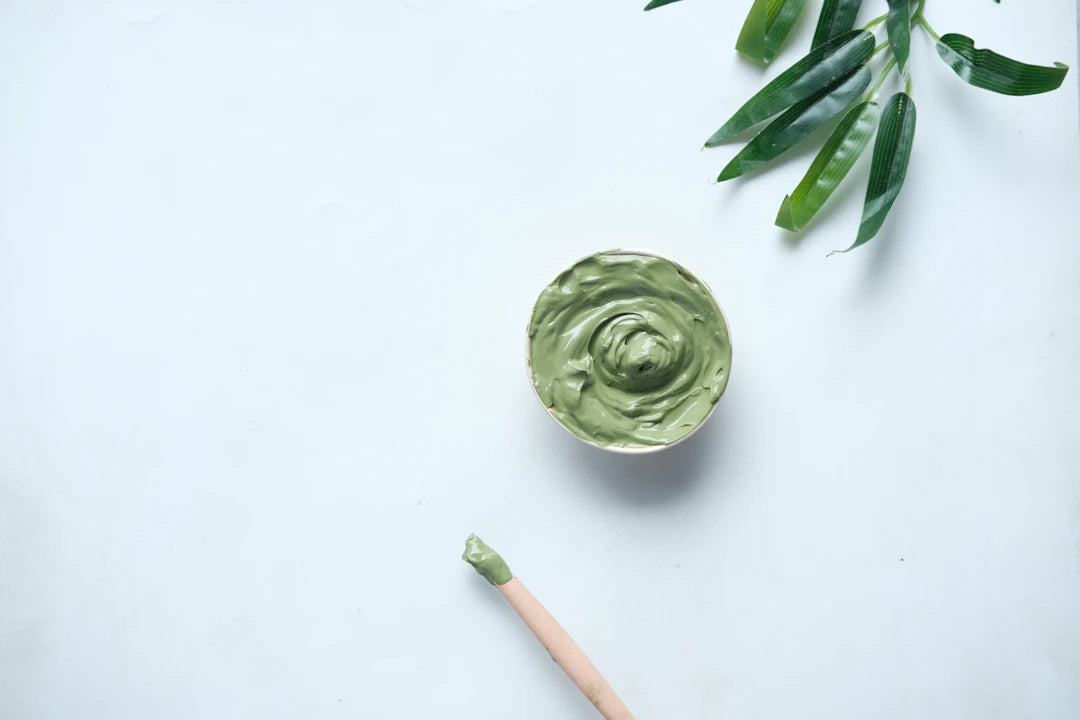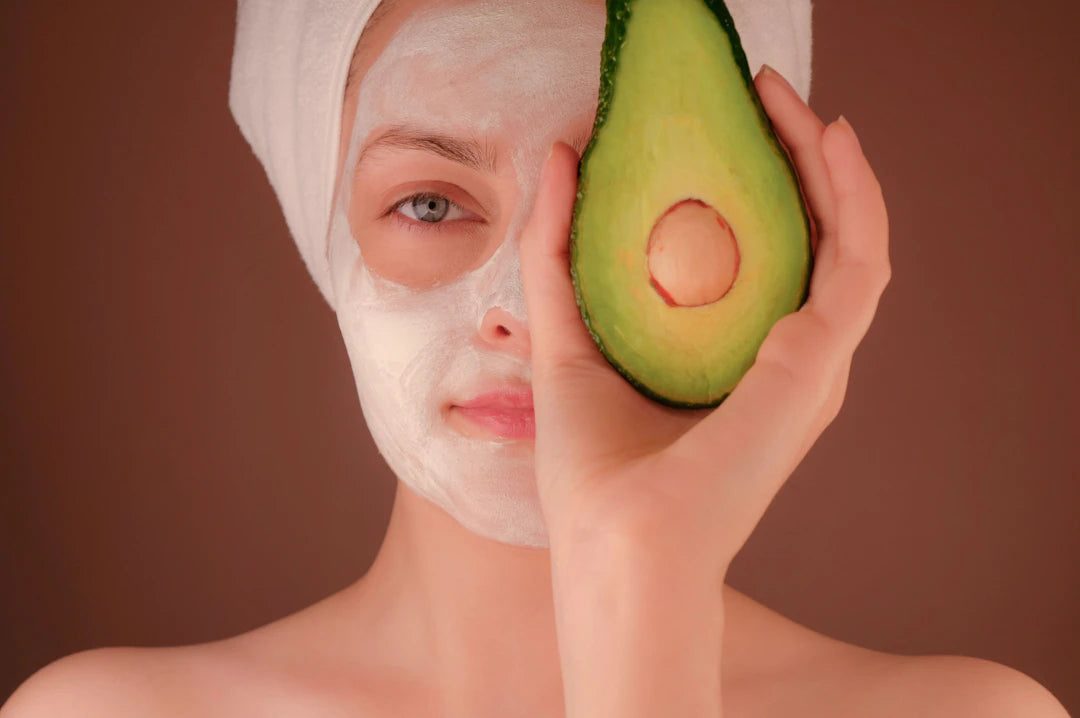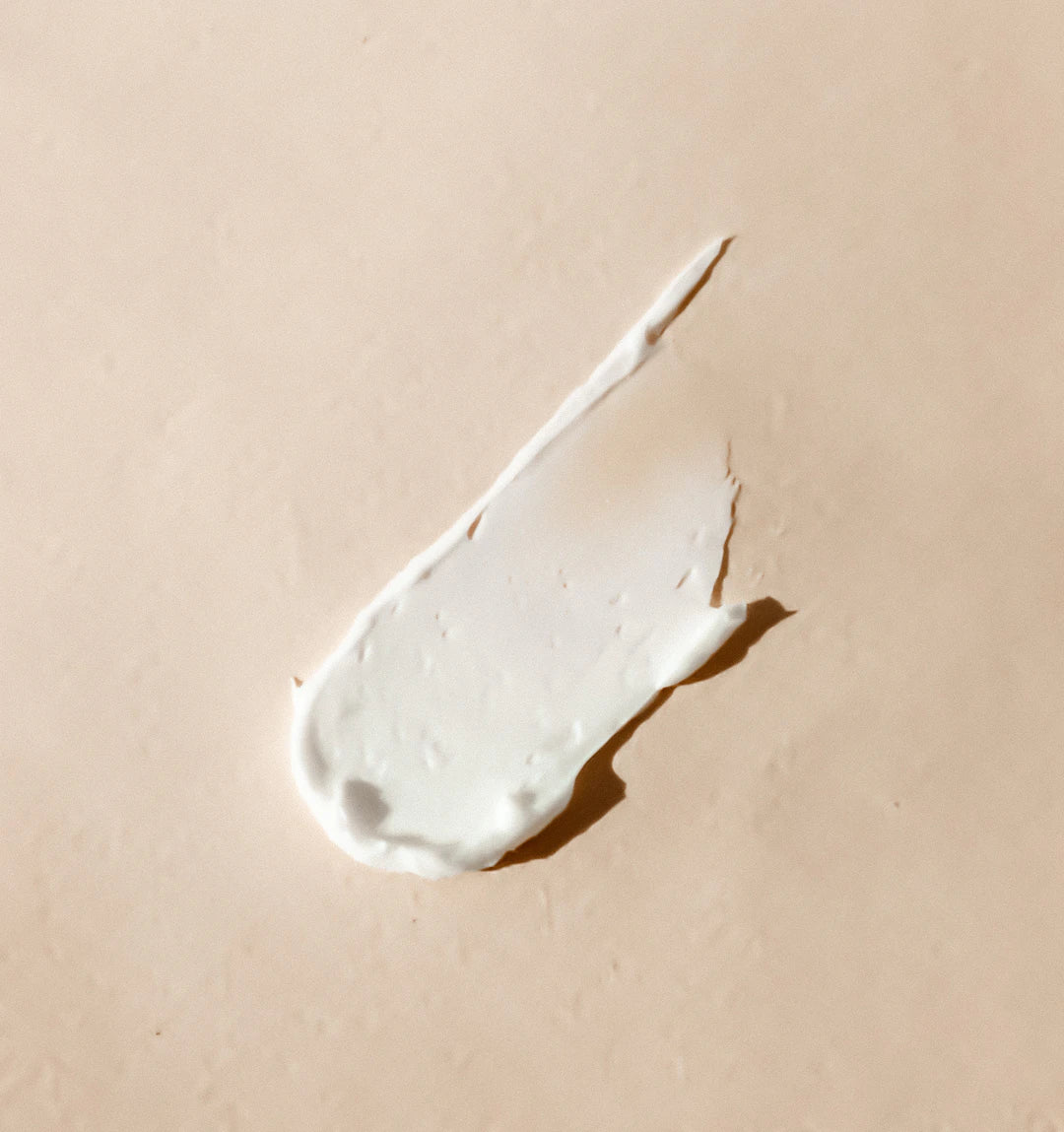Achieve Radiant Skin: Essential Skincare Steps

Frequently Asked Questions
1. Why is it important to understand my skin type for a skincare routine?
2. What are the essential steps in a skincare routine?
3. How often should I exfoliate my skin?
4. What should I look for in a moisturizer based on my skin type?
5. How can seasonal changes affect my skincare routine?
In today’s fast-paced world, maintaining a consistent skincare routine is crucial for achieving and sustaining radiant skin. A complete skincare routine can feel overwhelming, but breaking it down into essential steps can simplify the process. Whether you’re aiming for hydration, antiaging effects, or giving your skin that dewy glow, you can achieve amazing results by following a few basic principles. This guide will walk you through the essential steps for creating a tailored skincare regimen that best fits your needs.
Understanding Your Skin Type
Before diving into the steps of a skincare routine, it’s crucial to understand your specific skin type. Identifying whether your skin is dry, oily, combination, or sensitive will help you choose the right products and ingredients to utilize. Here's a breakdown of the common skin types:
Oily Skin
If your skin produces excess oil, you likely have oily skin. This type often results in enlarged pores and a shiny complexion. Look for oil-free products and non-comedogenic formulas to avoid clogging your pores.
Dry Skin
Dry skin can feel tight and rough. It’s essential to choose hydrating products that contain ingredients like hyaluronic acid or beauty oils, which help lock in moisture and restore your skin's barrier.
Combination Skin
Combination skin typically features both oily and dry areas. You might have an oily T-zone while the cheeks are dry. A tailored approach is best, utilizing different products for different areas of your face.
Sensitive Skin
Sensitive skin reacts to products more easily—leading to redness, itching, and inflammation. Opt for gentle, fragrance-free products that won’t irritate.
The Essential Steps for Your Skincare Routine
Now that you know your skin type, let’s explore the essential steps to develop a complete skincare routine. Each stage plays a significant role in nurturing your skin effectively.
Step 1: Cleansing
The foundation of any skincare routine is cleansing. It’s vital to remove dirt, makeup, and impurities accumulated throughout the day. Choose a gentle cleanser suited for your skin type. If you have oily skin, a foaming cleanser may work best, while dry skin often benefits from cream or oil-based cleansers.
Step 2: Exfoliating
Exfoliation is the process of removing dead skin cells from the surface of your skin, promoting better absorption of subsequent products. However, it’s essential to balance exfoliation to avoid overdoing it. Use a gentle exfoliant 1–2 times a week. Chemical exfoliants with beta-hydroxy acids (BHAs) or alpha-hydroxy acids (AHAs) are popular options, but those with sensitive skin should consider physical exfoliants like microfiber cloths.
Step 3: Toning
A toner helps balance your skin’s pH level and removes leftover impurities. Look for alcohol-free formulas to avoid drying out your skin. A hydrating toner can work wonders as it prepares the skin for the following products, enhancing absorption.
Step 4: Serums
Serums are concentrated formulations designed to target specific skin issues like wrinkles or discoloration. For those concerned with aging, incorporating an antiaging serum filled with antioxidants can significantly benefit your skin. Ensure you apply serums before applying creams for maximum efficacy.
Step 5: Moisturizing
Moisturizing is vital regardless of your skin type; it keeps your skin hydrated and helps maintain its barrier. For oily skin, a lightweight gel moisturizer could suffice, while dry skin may demand a thicker cream. Look for moisturizers containing beauty oils, which help seal in hydration and create a protective layer.
Step 6: Eye Cream
The skin around your eyes is delicate and may require special attention. Eye creams can help reduce puffiness, dark circles, and fine lines. Look for formulations that include caffeine or peptides to refresh your under-eye area and address aging concerns.
Step 7: Sun Protection
The sun can be one of the most damaging elements to your skin, leading to premature aging and skin issues. Daily sunscreen application is a must! Choose a broad-spectrum SPF of at least 30, and apply it generously every morning to protect against UV rays. Consider using makeup products with SPF for additional protection.
Seasonal Modifications
Be mindful that your skincare needs might change with the seasons. In the winter months, for example, your skin might require additional hydration due to low humidity. A thicker moisturizer or a beauty oil can provide that needed boost. Conversely, in the summer, you may prefer lighter products to keep your skin balanced and avoid breakouts.
Additional Tips for a Healthy Complexion
- Stay Hydrated: Drink plenty of water to maintain hydration from the inside out.
- Healthy Diet: Incorporate foods rich in antioxidants, vitamins, and healthy fats to nourish your skin.
- Regular Exercise: Physical activity improves blood circulation and can help your skin look radiant.
- Avoid Smoking: Reduce tobacco use as it can adversely affect your skin’s elasticity and health.
The Final Touch: Maintain Consistency
Your skin is unique, and finding the right routine may take time and adjustments. However, consistency is key! Stick to your personalized skincare regimen and be patient as you give your skin time to respond. Regular care will lead to improved skin health, hydration, and a noticeable reduction in fine lines and dullness.
Every individual’s skin is a canvas, and by painting it with the appropriate products and nurturing steps, you’ll reveal the masterpiece within. So, as you embark on your journey to perfect your skincare routine, remember that self-care is an essential investment in your beauty and confidence.


